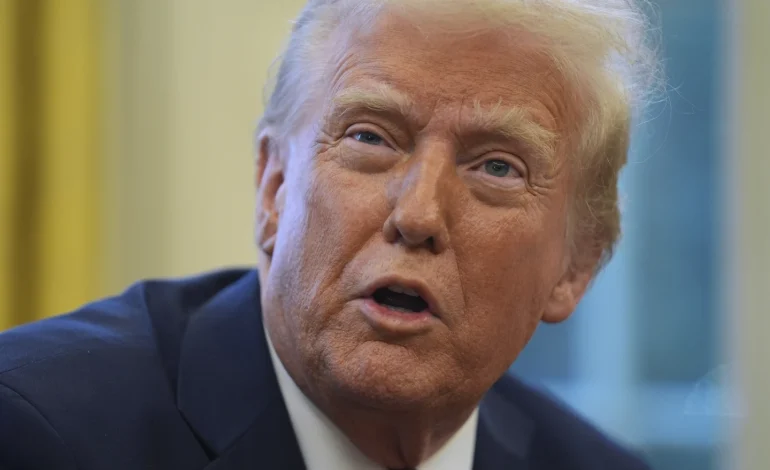US Imposes Sweeping Tariffs, Triggering Trade War with North America, China

The United States has ignited a major trade conflict, imposing steep tariffs on imports from Canada, Mexico, and China, Al Jazeera reports.
President Donald Trump signed three executive orders on Saturday, enacting a 25% tariff on goods from Canada and Mexico, and a 10% tariff on all imports from China. Energy imports from Canada, however, will face a 10% rate.
Trump justified the tariffs, invoking national emergency powers related to the flow of fentanyl and undocumented migration, claiming they are necessary to “protect Americans.” He said the tariffs will remain in place until these crises are “alleviated.”
The move has drawn immediate and forceful backlash. Mexican President Claudia Sheinbaum promptly ordered retaliatory tariffs. Canadian Prime Minister Justin Trudeau announced that Canada would impose matching 25% tariffs on up to $155 billion in US imports. China has also denounced the tariffs, with its finance and commerce ministries stating that Beijing will challenge the US at the World Trade Organization. However, China stopped short of announcing immediate retaliatory tariffs.
President Trump invoked the International Emergency Economic Powers Act and the National Emergencies Act to justify the tariffs, granting him sweeping authority to impose sanctions in response to crises. The move fulfills Trump’s campaign promises and defies economists’ warnings that a trade war with key trading partners would impede economic growth and raise prices for American consumers and businesses.
The new duties are set to take effect at 12:01 am EST (05:01 GMT) on Tuesday. However, goods that were already in transit or loaded for transport before that time will be exempt.
A White House fact sheet provided no specific details on what actions would be needed to rescind the tariffs from the three countries. US officials also confirmed that there would be no exclusions from the tariffs and that any retaliatory moves by Canada, Mexico, or China could prompt Trump to further increase duties. Notably, Canada will no longer be permitted to use the “de minimis” exemption for small shipments under $800 entering the US. Officials cited both Canada and Mexico as becoming conduits for fentanyl and its precursor chemicals entering the US through small, less inspected packages.
Trudeau, addressing Canadians, announced that Canada will impose duties on $30 billion worth of US trade, including alcohol and fruit, also taking effect Tuesday. He warned Americans of the consequences of Trump’s actions. He decried Trump’s actions as divisive and suggested “dark times” for many, urging Canadians to prioritize Canadian products.
Sheinbaum responded to the US actions on X, saying she had directed her economic secretary to implement retaliatory tariffs and other measures. She rejected what she described as “slander” from the White House suggesting the Mexican government has ties to criminal organizations and emphasized the importance of the US dealing with the fentanyl issue within its own borders.
In the US, Republicans generally welcomed Trump’s tariffs. However, industry groups and Democrats raised concerns about the potential impact on consumer prices. National Foreign Trade Council (NFTC) President Jake Colvin warned that the move could raise costs on a wide variety of goods, from “avocados to automobiles.” He urged the US, Canada, and Mexico to find a quick resolution to prevent further escalation of the conflict.







